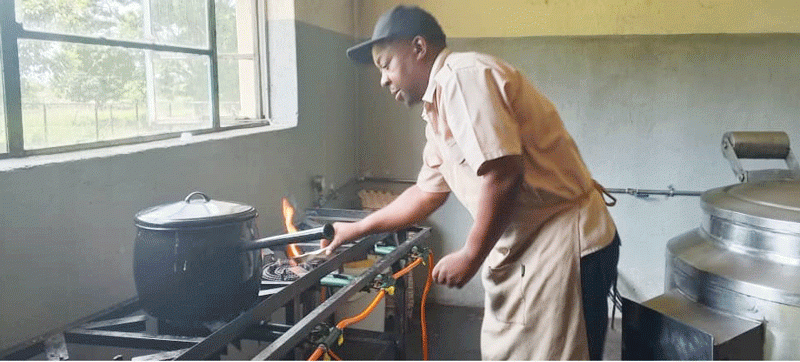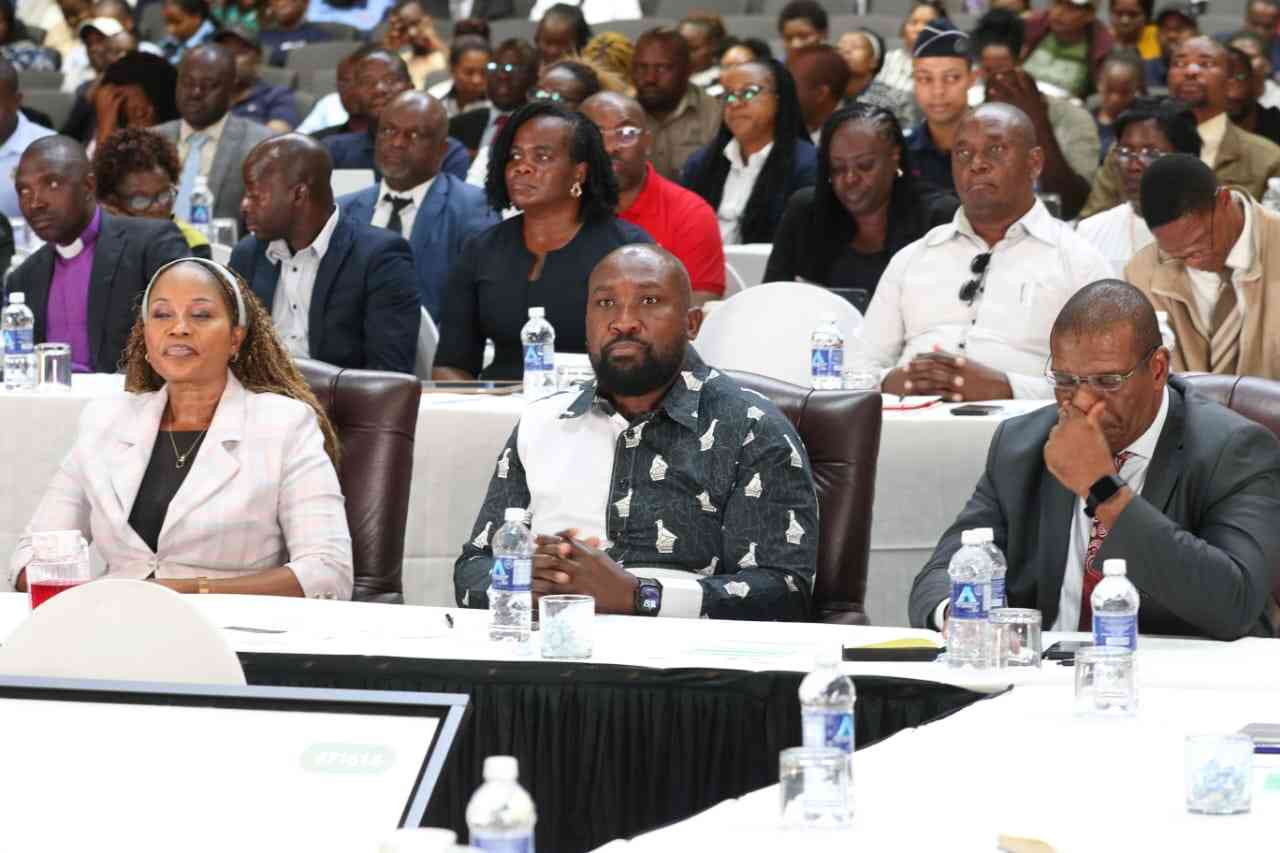
TRADITIONAL leaders in Matabeleland North and Manicaland have welcomed climate change resilience projects aimed at boosting food security and access to water under the United Nations Educational Scientific and Cultural Organisation (Unesco).
It is part of the four-year project being undertaken in two poverty-stricken districts of Matabeleland and Manicaland provinces.
It will be implemented in Binga’s wards 13 and 19 in Matabeleland North and Buhera’s wards 20 and 23, Manicaland between 2023 and 2027.
The project is titled: Strengthening Local Communities’ Adaptive Capacity and Resilience to Climate Change through Sustainable Groundwater Utilisation in Zimbabwe.
Unesco is working in partnership with the government through the Lands, Agriculture, Fisheries, Water ministry with a budget allocation of US$5 million.
Speaking during a community stakeholders meeting in Binga district, Chief Saba born Charles Mumpande and Chief Pashu born George Nyathi said the project was timely in the face of climate-change-induced droughts.
‘‘We welcome this initiative aimed at boosting food security and access to water for our communities. Our appeal to the sponsors is to include youths and women in the implementation as they constitute the biggest portion of the population in our district,” Chief Saba said.
Chief Pashu weighed in saying the project must be inclusive.
- Travelling & Touring Town: status: Beckoning time for Binga, Hwange
- Travelling & Touring Town: status: Beckoning time for Binga, Hwange
- Binga sand beach: Much ado about nothing
- Binga sand beach: Much ado about nothing
Keep Reading
‘‘There is a need to include women and people with disabilities as part of social wellbeing for our communities,’’ he said.
Binga Rural District Council engineer Zibusiso Nyoni said the project was expected to boost crop yields and food security.
“This project will also pave way for entrepreneurial opportunities. Water availability for irrigation creates opportunities for small-scale businesses including vegetable farming, boosting income sources and economic growth for the community,’’ said Nyoni.
“We have a few deep wells and two boreholes but due to the low water table there is scarcity of water.”
Project co-ordinator Muchaneta Munamati said the initiative was aimed at improving local communities’ adaptive capacity and resilience to climate change disasters.
‘‘The project will be inclusive since gender is one of Unesco’s key priorities. It is also a requirement of the Adaptation Fund,’’ Munamati said.
“‘There is a need to develop sample plans for improving climate resilience through sustainable groundwater utilisation.
“There are management plans that promote groundwater use while protecting (groundwater) resources.”
Zimbabwe experiences erratic rainfall patterns coupled with poor water management practices that have a direct negative impact on water availability.
“There is a need for knowledge generation and capacity development, raising awareness through piloting and implementation of sound projects that will benefit affected communities,” she said.
According to the United Nations Children Emergency Fund at least more than a billion people live in countries where water supply is inadequate.











